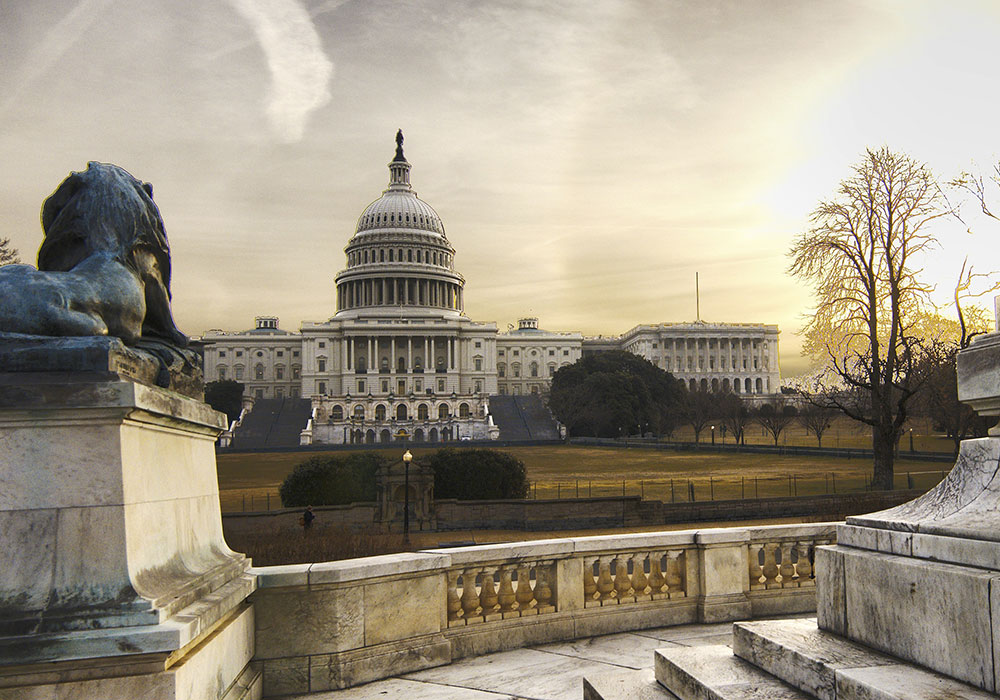Pediatric cancers have more than an 80% overall cure rate, and that, at first glance, seems like something to celebrate. However, in terms of lives lost to different pediatric cancers, the American Cancer Society estimated that more than 1,100 children under the age of 15 will die from their disease in 2019—roughly one in five children diagnosed. Although survival rates are improving in cancers like acute lymphocytic leukemia and Hodgkin lymphoma, other childhood cancer types haven’t seen increased survival since the early 2000s.
At the State of the Union address in February 2019, President Trump declared a new commitment to pediatric cancer research, calling for a $500 million funding increase spread across the next 10 years. The funding would fuel research to improve cures and survival rates for pediatric cancers that haven’t seen much change in the past 20 years. By infusing the National Cancer Institute (NCI) with funding aimed solely at pediatric disease, the Trump administration hopes to encourage more investigators to throw their hats in the ring to develop studies for childhood cancers.
Because the treatment is so new, immunotherapies are currently understudied in pediatric cancer research. After seeing success and adoption in adult cancers, researchers hope to understand how checkpoint inhibitors can impact pediatric cancer types. Officials note that the additional funding will specifically drive CAR T-cell therapy studies, along with targeted therapy research, for more childhood cancers. Understanding the genetics and genomics basis for childhood cancers is still relatively limited—compared to adult diseases—and is a critical component for developing new targeted therapies for this population.
Though applauded by most, Trump’s announcement also drew skepticism and outright criticism in some cases. A $50 million-per-year funding increase is a welcomed addition for most researchers, but some opponents say it isn’t enough to tackle the problem. Trump’s critics say that compared to the $1.8 billion budget for the Cancer Moonshot and NCI’s overall budget of $6 billion, $500 million seems meager in comparison. However, the National Institutes of Health estimated spending approximately $462 million on pediatric cancer research in 2019, noting that Trump’s proposed $50 million per year increase would bump budgeted totals by more than 10%.
Ultimately, the current cancer discussion has begun to highlight the future of pediatric cancer studies, and a renewed commitment to funding could make it an area of interest for new research.






